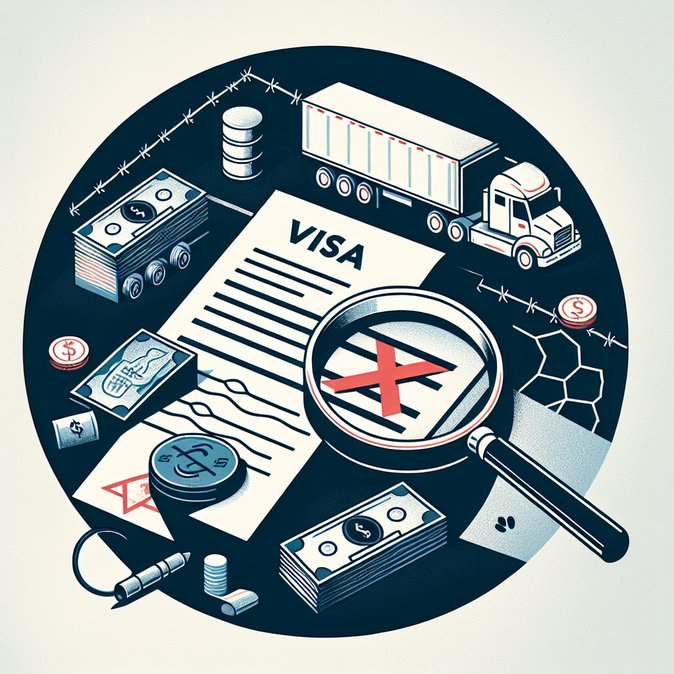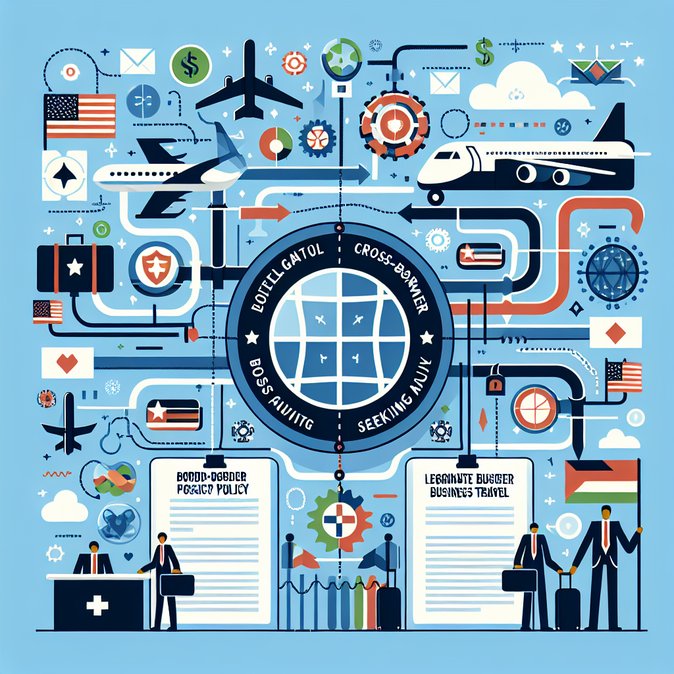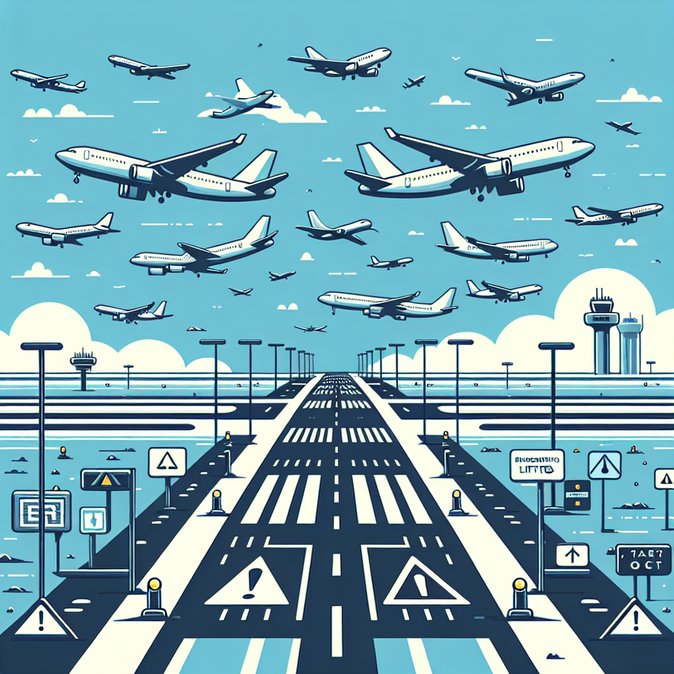
The U.S. State Department has introduced a new round of visa sanctions aimed at owners and executives of Nicaraguan bus lines, charter airlines, tour agencies, and other transit firms that—according to U.S. investigators—actively market smuggling packages to migrants heading north toward the United States. The action, announced late on 17 November, immediately revokes any existing U.S. visas held by the targeted individuals and bars them from future travel to the United States.
Washington says the companies exploited President Daniel Ortega’s “permissive-by-design” immigration policies, which allow most foreign nationals to enter Nicaragua visa-free. Smugglers advertise Managua as a low-cost launch point, then arrange overland passage through Honduras, Guatemala and Mexico, accelerating record border encounters for U.S. Customs and Border Protection (CBP). The State Department described the network as a “regional pipeline that destabilizes Central America and fuels cartels.”
![U.S. Imposes Visa Restrictions on Nicaraguan Transit Operators Facilitating Irregular Migration]()
These restrictions are the latest in a string of migration-related penalties against Nicaragua, including April sanctions on more than 250 Ortega officials and the earlier termination of Temporary Protected Status for many Nicaraguans. By targeting private transportation providers, the administration hopes to choke off the logistical backbone that has allowed daily charter buses packed with Haitians, Cubans, and Venezuelans to move north virtually unimpeded.
For U.S. multinational employers, the measure could complicate duty-of-care planning for staff who rely on regional carriers now subject to sanctions; compliance teams should screen employee travel vendors against the new restriction list. Mobility managers should also anticipate retaliatory moves from Managua—such as tighter controls on U.S. business travelers or new exit fees—that could affect regional assignments.
Policy watchers note that similar visa-restriction tools have been used to pressure airlines that ferried migrants to Belarus in 2021 and charter operators that moved asylum seekers toward the EU. If the Nicaragua gambit succeeds, Washington may replicate it in other transit hubs, further entangling commercial transport providers in immigration enforcement.
Washington says the companies exploited President Daniel Ortega’s “permissive-by-design” immigration policies, which allow most foreign nationals to enter Nicaragua visa-free. Smugglers advertise Managua as a low-cost launch point, then arrange overland passage through Honduras, Guatemala and Mexico, accelerating record border encounters for U.S. Customs and Border Protection (CBP). The State Department described the network as a “regional pipeline that destabilizes Central America and fuels cartels.”

These restrictions are the latest in a string of migration-related penalties against Nicaragua, including April sanctions on more than 250 Ortega officials and the earlier termination of Temporary Protected Status for many Nicaraguans. By targeting private transportation providers, the administration hopes to choke off the logistical backbone that has allowed daily charter buses packed with Haitians, Cubans, and Venezuelans to move north virtually unimpeded.
For U.S. multinational employers, the measure could complicate duty-of-care planning for staff who rely on regional carriers now subject to sanctions; compliance teams should screen employee travel vendors against the new restriction list. Mobility managers should also anticipate retaliatory moves from Managua—such as tighter controls on U.S. business travelers or new exit fees—that could affect regional assignments.
Policy watchers note that similar visa-restriction tools have been used to pressure airlines that ferried migrants to Belarus in 2021 and charter operators that moved asylum seekers toward the EU. If the Nicaragua gambit succeeds, Washington may replicate it in other transit hubs, further entangling commercial transport providers in immigration enforcement.


